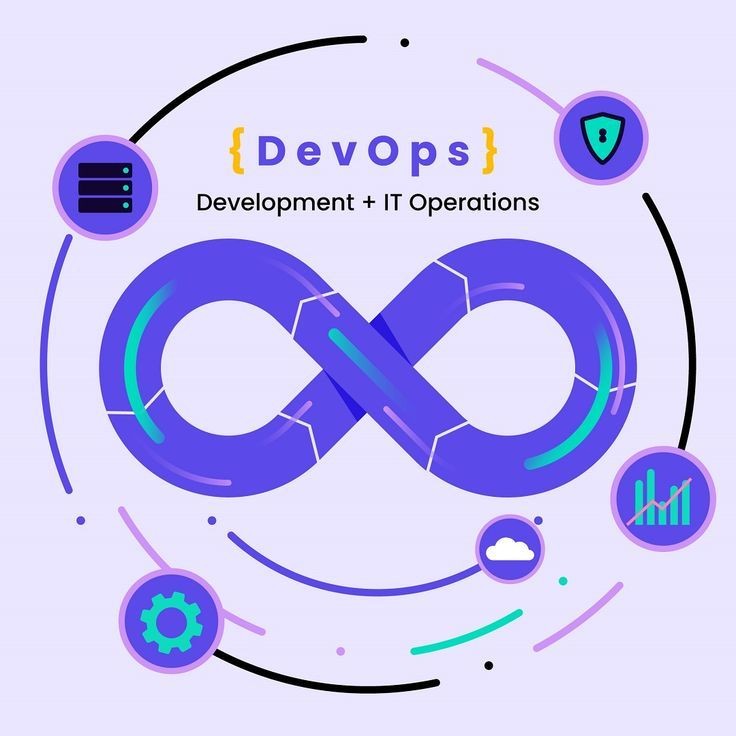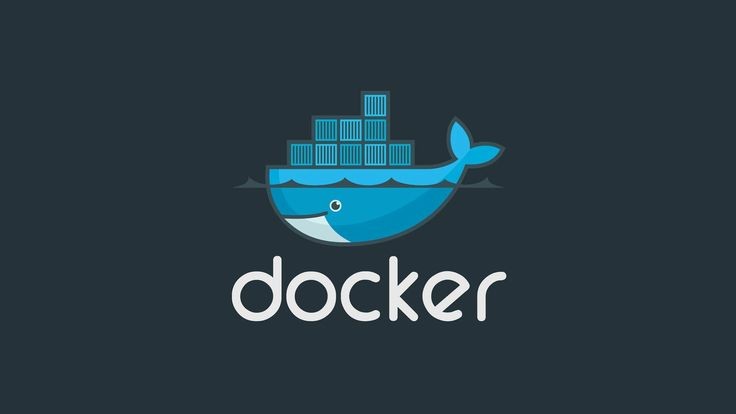10 Top Tools For DevOps In 2024

In the rapidly evolving world of software development and operations, DevOps has become an essential approach for organizations seeking to improve collaboration, efficiency, and quality in their software delivery processes. With the rise of cloud computing and the increasing complexity of IT infrastructures, having the right tools in place is crucial for successful DevOps implementation. Here are 10 top tools for DevOps that are likely to be popular in 2023.
10 Top Tools for DevOps in 2024:
- Kubernetes
- Jenkins
- Rockets
- Ansible
- Docker
- Terra form
- Prometheus
- Grafana
- Git
- AWS CloudFormation
- ELK Stack
1. Kubernetes:

Kubernetes is undoubtedly one of the most popular orchestration platforms for containerized applications. It provides an efficient and scalable way to automate the deployment, scaling, and management of applications in containers. With Kubernetes, organizations can easily run and scale applications in a cloud-native manner, making it a must-have tool for DevOps teams.
2. Jenkins:

As a leading open-source CI/CD tool, Jenkins has solidified its presence in the DevOps ecosystem. Jenkins enables automated building, testing, and deploying of applications, allowing teams to achieve continuous integration and continuous delivery. It offers extensive plugin support, making it highly customizable and adaptable to various development environments.
3. Docker:

Docker has revolutionized containerization, making it easier to package applications and their dependencies into portable and isolated containers. With Docker, DevOps teams can ensure consistent and reproducible environments across different stages of the software development lifecycle. It simplifies deployment and reduces the risk of compatibility issues, making it an invaluable tool.
4. Ansible:

Ansible is a powerful and agentless IT automation tool that simplifies the configuration and management of infrastructure. It provides a declarative language to define infrastructure as code, enabling teams to automate the provisioning, deployment, and orchestration of environments. Ansible's simplicity and ease of use have made it a favourite among DevOps professionals.
5. Terraform:

READ ALSO » Top 7 Best Programming Languages For Artificial Intelligence (AI) 2024
With the increasing adoption of cloud services, managing infrastructure as code has become essential. Terraform allows teams to define and provision infrastructure resources across various cloud providers using a simple and declarative configuration language. It provides a consistent and repeatable approach to infrastructure management, making it a crucial tool for DevOps in 2023.
6. Prometheus:
Monitoring and observability are vital for maintaining the performance and reliability of applications. Prometheus is an open-source monitoring and alerting toolkit specifically designed for cloud-native environments. It collects and stores time-series data, enabling teams to gain valuable insights into the health and performance of their systems. With its powerful querying and alerting capabilities, Prometheus has gained significant popularity in the DevOps community.
7. Grafana:

When it comes to visualizing collected monitoring data, Grafana is the go-to tool for DevOps teams. It provides a feature-rich and intuitive platform for creating customizable dashboards and visualizations. Grafana seamlessly integrates with popular monitoring systems like Prometheus and Elasticsearch, allowing teams to gain actionable insights from their data.
8. Git:

Version control is a fundamental aspect of successful software development, and Git has become the de facto standard in the industry. It enables collaborative development, simplifies branching and merging, and provides a reliable way to manage code repositories. Git's distributed and decentralized nature makes it ideal for distributed teams and supports the principles of DevOps.
9. AWS CloudFormation:

For organizations leveraging Amazon Web Services (AWS), CloudFormation is an essential tool for managing infrastructure as code. With CloudFormation, teams can define and provision AWS resources using a JSON or YAML-based template. It simplifies resource management, promotes infrastructure consistency, and enables teams to version and track changes effectively.
10. ELK Stack: Troubleshooting and monitoring application logs are crucial for identifying and resolving issues promptly. The ELK (Elasticsearch, Logstash, Kibana) Stack is a powerful combination of tools that allow teams to collect, parse, and visualize logs. Elasticsearch provides scalable storage and querying capabilities.
